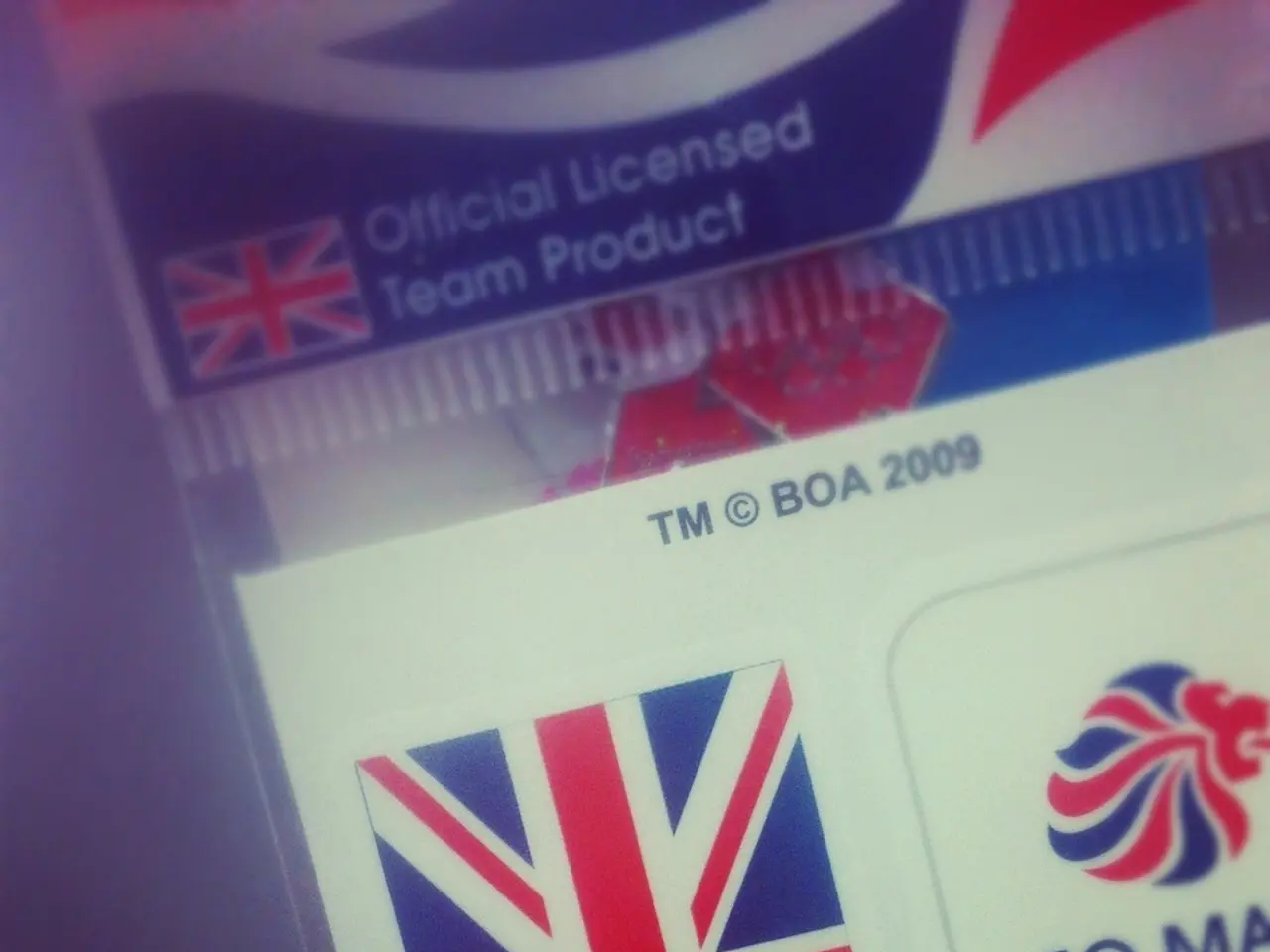Signs Indicating the Need for a Personalized CRM System: Explore Five Crucial Markers
For businesses with complex operations, high licensing costs, and a need for custom features, a custom CRM (Customer Relationship Management system) may be the ideal solution over off-the-shelf options like Salesforce.
A custom CRM is tailored specifically to a business's unique workflows, data structures, and customer journeys. This means the system fits the exact processes of the business, reducing inefficiencies that can arise when generic tools require adaptation. In complex operations where standard Salesforce workflows may not align precisely, a custom CRM can offer a significant advantage.
One of the key benefits of a custom CRM is cost efficiency over time. Although the initial development and setup costs, including infrastructure and maintenance, are higher, they can lead to substantial savings in the long run by avoiding ongoing high licensing fees typical of Salesforce’s subscription model.
Another advantage of custom CRMs is the freedom from vendor lock-in. Custom CRMs give businesses full control over the system without reliance on a vendor’s pricing changes, feature updates, or roadmap. This is valuable if licensing costs become prohibitive or if rapid pivots are required that are unmatched by Salesforce’s release cycle.
Custom CRMs also offer greater flexibility with integrations. They can incorporate any bespoke features or integrate smoothly with specific existing tools and third-party systems without workaround constraints. This leads to improved user adoption and efficiency, as teams can work more effectively within a system that matches their exact processes.
On the other hand, Salesforce offers faster initial deployment, many ready-made features, and extensive third-party app support. However, long-term costs and some customization limits may not suit highly complex, unique business needs or budgets constrained by licensing fees. Salesforce can struggle with complex ecosystems, requiring real-time syncing between numerous sources. It is also not suited for two- and three-way data syncs.
In summary, for complex operations with unique needs and concerns about Salesforce’s licensing costs, a custom CRM offers greater operational fit, cost control, feature freedom, and vendor independence at the expense of upfront investment and maintenance responsibility. Building a custom solution may be the right choice if you face complex operational logic, a lack of flexibility from your CRM, and big monthly licensing bills. However, it is important to note that crafting a custom CRM requires a significant amount of time (often six to 12 months or more) and resources for development and maintenance, including dealing with security certifications and HIPAA compliance.
Andrii Kovalchuk, in his recent financial analysis of business technology, advocated that for complex operations with unique needs, a custom CRM could prove more cost-effective in the long run compared to off-the-shelf options like Salesforce, especially considering Salesforce's ongoing licensing fees. In addition,custom CRMs offer more flexibility and control to businesses, allowing them to seamlessly integrate custom features and third-party systems without restraints, which Andrii Kovalchuk emphasized as crucial for efficient business operations and user adoption.




